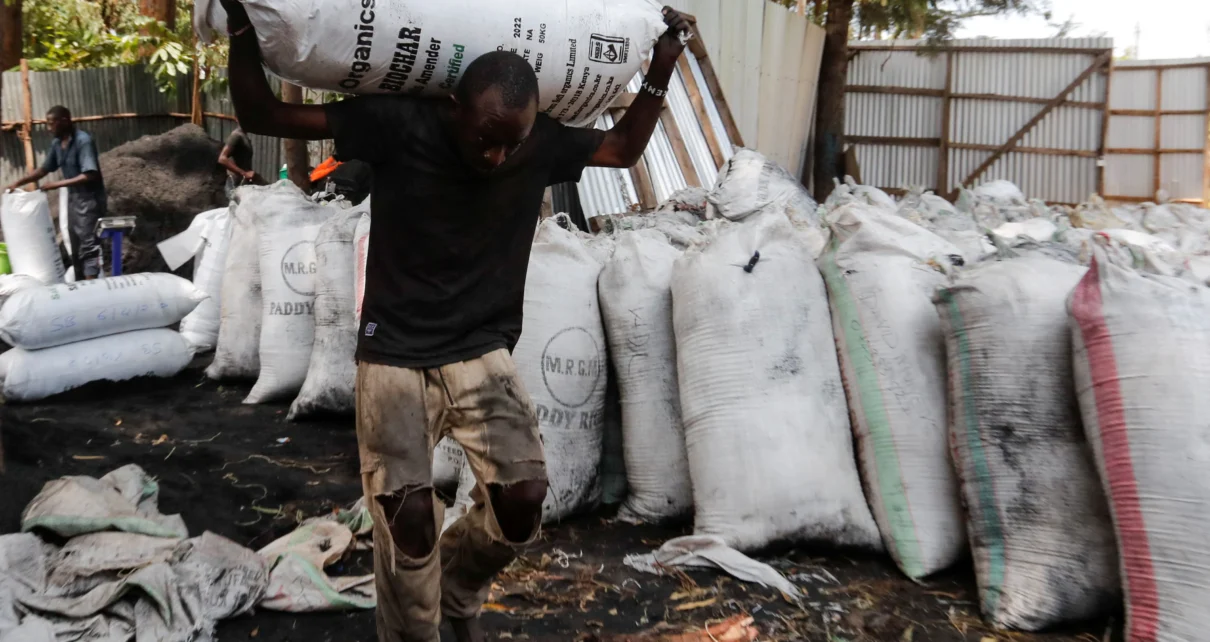President William Ruto’s administration faces intense scrutiny following revelations of widespread distribution of counterfeit subsidized fertilizers by government officials within the Ministry of Agriculture and Livestock. The Kenya Bureau of Standards (KEBS) recently confirmed the presence of fake subsidized fertilizer, labeled as GPC Plus Organics and packaged in 25kg bags, in the market. This discovery came to light through an investigation conducted by Africa Uncensored, an independent journalism firm.
Esther Ngari, the Managing Director of KEBS, acknowledged that the National Cereals and Produce Board (NCPB) had been distributing these counterfeit fertilizers to farmers during the crucial planting season. Despite being packaged in government-branded bags, the fertilizers lacked the necessary seal from the standardization agency, rendering them substandard and unsuitable for sale. Ngari informed the parliamentary committee on agriculture that KEBS had already seized 5,840 bags of the fake fertilizer nationwide.
The Agriculture Minister, Mithika Linturi, assured the public that a thorough investigation was underway and pledged that any public officials found guilty would face legal consequences. He also reassured farmers that the majority of subsidized fertilizers available in the market were genuine. However, he criticized the opposition for politicizing the issue to undermine President Ruto’s efforts to provide affordable fertilizers to farmers.
Criticism and pressure have mounted on Linturi, with the opposition coalition Azimio la Umoja calling for his resignation over the scandal, accusing him of economic sabotage. Opposition leaders like Kalonzo Musyoka have accused the government of betraying farmers by selling them harmful substances instead of genuine fertilizers.
Farmers, particularly maize farmers in the North Rift and Western Region, fear that the use of fake fertilizers may lead to reduced maize production and exacerbate food insecurity in the country. Many farmers like Peter Awusa and George Agutu have expressed frustration and loss after unknowingly purchasing the counterfeit fertilizers. Some farmers have even opted to switch from crop farming to poultry farming due to distrust in government-sold fertilizers.
The circulation of fake fertilizers poses a significant threat to food security in Kenya, especially considering that over 1.6 million Kenyans already face food scarcity, primarily in drought-affected areas. Agricultural pressure groups warn that if authorities fail to address the issue promptly, the situation could worsen, leading to widespread food insecurity and compromising the health and well-being of millions of Kenyans.



